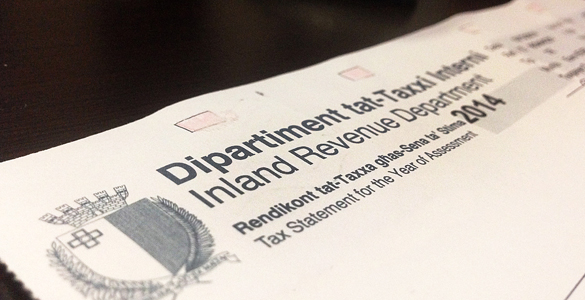The Malta Financial Services Authority (MFSA) says it is working closely with banks to ensure that they are able to recognise early warning signs of credit deterioration once COVID support measures are phased out.
A number of measures were introduced by the Government to support the real economy in the wake of the pandemic. But according to the MFSA, these measures could have masked credit risk problems that may have developed during such a difficult time for businesses. Now, these measures will gradually be phased out as economic activity returns to pre-pandemic levels.
In 2021, the MFSA examined standards across the industry and, while it identified some good practices, it also found a number of areas where banks in Malta need to improve to be able to meet the standards expected. It will now work with banks as they embed these standards into their procedures.
The Authority said it is urging banks to be vigilant and to pick up any signs of distress as soon as possible, as this will increase the chances of being able to find solutions for their clients.
“Banks also need to ensure that their capital properly reflects the risks in their balance sheets. The Authority notes that banks should be able to demonstrate that they carried out an affordability assessment, ensuring that any restructuring of the loan was viable,” the MFSA said.
Additionally, the MFSA suggested a number of areas that the boards and management of banks should focus on, including: improving the quality of data used to support credit; the identification of credit problems earlier on via appropriate triggers; and taking note of any concessions made to borrowers so as to be in a better position to spot any credit deterioration.
Banks should also not rely only on an annual review of a customer file to identify whether a deterioration in credit quality has occurred.
“The earlier the issue is identified, the earlier its management and the higher the likelihood that suitable measures are provided to the client to achieve a turnaround. In the long run, prompt identification of early signs of deterioration is likely to reduce the overall risk level,” the Authority wrote in a circular published on its website.
The Authority will engage with, and assess, the approach taken by boards as part of its supervisory assessments in 2022.
Top 5% of taxpayers responsible for one-third of all income tax paid in Malta
On the other hand, the bottom third of income earners pay just 1.7% of all income tax generated
The Malta Institute of Accountants prepares for its 2024 Anti-Money Laundering Conference
Held at the Radisson Blu, St Julians, this latest AML Conference promises to bring exclusive insights on new procedures
Eurozone interest rates to remain unchanged
The European Central Bank noted that price pressures remain persistent






